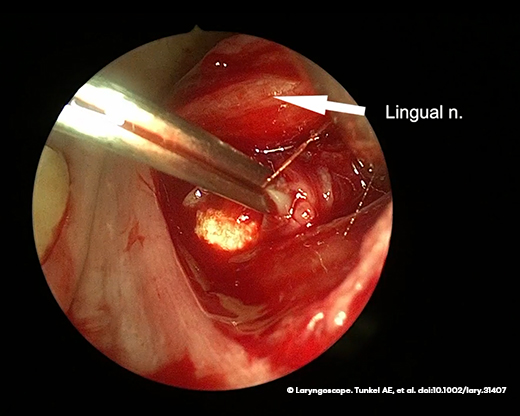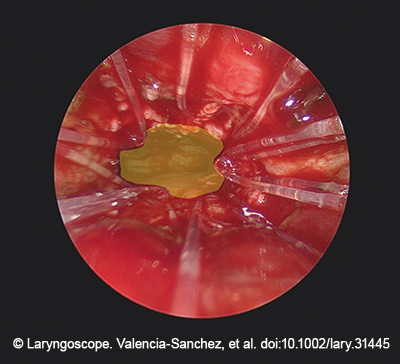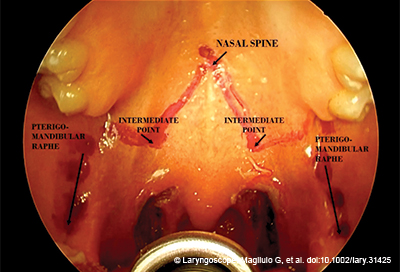There have been increasing efforts across otolaryngology to perform in-office procedures with local anesthesia. Benefits include reducing the time and economic costs imposed on patients, as well as avoiding the inherent risks of general anesthesia


There have been increasing efforts across otolaryngology to perform in-office procedures with local anesthesia. Benefits include reducing the time and economic costs imposed on patients, as well as avoiding the inherent risks of general anesthesia

Ideally, the optimal surgical procedure to address choanal atresia should safely restore nasal patency, minimize damage to adjacent sinonasal structures, and eliminate reoperation with minimal disease associated morbidity.

ETI has been shown to have positive effects on multiple organ systems in cystic fibrosis patients.

Most current literature suggests that cefazolin is safe for surgical prophylaxis in patients with penicillin allergy.

Velopharyngeal surgery is a validated treatment option for OSA patients diagnosed with retro-velar and oropharyngeal collapse.
What is the long-term safety and effectiveness of temperature-controlled radiofrequency neurolysis of the posterior nasal nerve in patients with chronic rhinitis?
The multicenter, double-blind, randomized, placebo-controlled trial protocol was shown to be feasible and demonstrated the need for blinded randomized controlled trials to objectively measure the efficacy of balloon Eustachian tuboplasty.
Although anxiety/depression may aggravate dysphagia in patients with normal swallowing function, this correlation may not hold in those with objective swallowing dysfunction.
Although telehealth survivorship programs are feasible and cost-effective and associated with improved patient outcomes, they might not be ideal for every patient.
Patients with uncontrolled chronic rhinosinusitis (CRS) demonstrate distinct patterns of olfactory impairment, and a reduced olfactory threshold is highly associated with uncontrolled CRS.